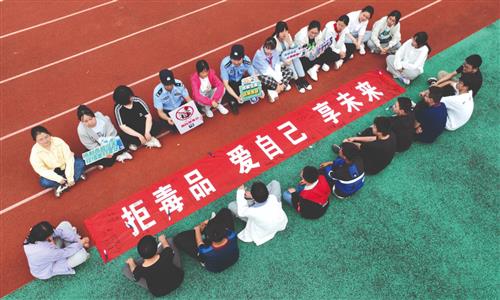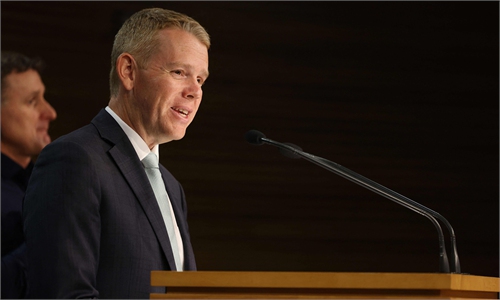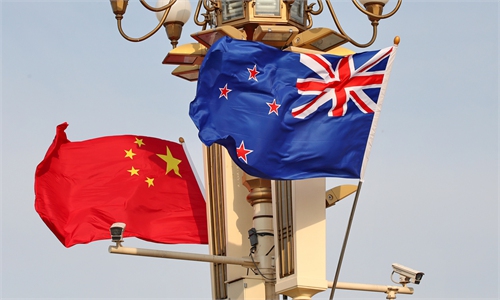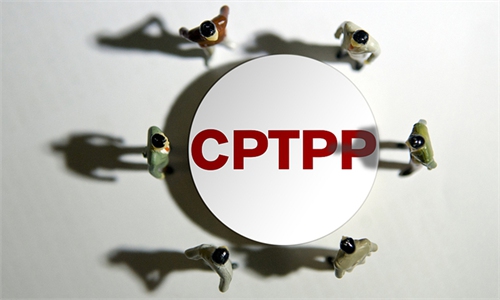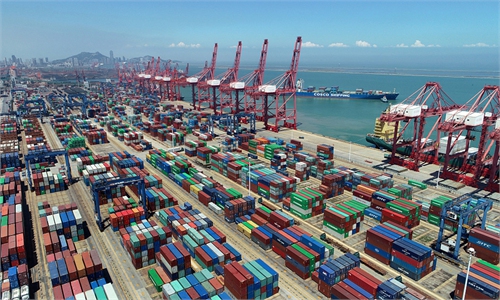Artillery is fired during joint military drills at a firing range in northern Australia as part of Exercise Talisman Sabre, the largest combined training activity between Australia and the US, in Shoalwater Bay, Australia, on July 22, 2023. Photo:AFP
https://youtu.be/pcLmsx7eOBo
The two-week-long military exercise, known as Talisman Sabre 2023, officially commenced on Friday. It is the largest since 2005, with more than 30,000 military personnel from 13 countries participating, according to media reports. Reuters described it as a "show of force and unity at a time when China has emerged as an increasingly assertive power in the Indo-Pacific."
"The most important message that China can take from this exercise and anything that our allies and partners do together, is that we are extremely tied by the core values that exist amongst our many nations," US Secretary of the Navy Carlos Del Toro was quoted as saying by Reuters during an opening ceremony in Sydney.
The US' purpose of roping in countries such as Australia and other allies in its Indo-Pacific military encirclement of China, as well as preparing for future military adventures, is evident through the "unprecedented" military exercise, Chen Hong, executive director at the Asia Pacific Studies Center of East China Normal University, told the Global Times on Saturday.
Chen criticized the US for continuously exacerbating regional tensions and insecurity.
The military exercise also coincides with the upcoming visit of US Defense Secretary Lloyd Austin to visit Papua New Guinea and Australia next week, during which Austin plans to join US Secretary of State Blinken to attend Australia-US Ministerial Consultations (AUSMIN) and observe military exercises.
However, the military excise that has been labeled by the West as "the largest in the 18-year history of the exercise" that is intended to send a clear message to China was more of a "paper tiger," Chen noted.
US officials often brag about the "core values" shared by their allies and partners. However, Chinese military expert Song Zhongping told the Global Times that the US has been trying to coerce these countries in the name of "defending their security and democratic values" and kidnap them by hyping up threats involving China, Russia and North Korea.
By playing word games, the US is only aiming to maintain its own global hegemony and participating countries also have their own petty calculations, Song noted.
Though impressive on paper, the exercise cannot really persuade all participants to serve the US' purpose, even Australia has certain reluctance, not to mention the rest, the two experts noted.
Media reports claimed this year is the first time that Germany has participated in the exercise, sending 210 paratroopers and marines. Chinese experts said since Merkel left office, Germany's diplomatic independence has been undermined, but they questioned whether Germany would really take more actions to back the US military adventure and the symbolic significance of Germany's participation in the exercise far outweighs the substantive significance.
For Australia, Chen said located in the South Pacific region where is safe and peaceful, Australia can be hardly challenged in terms of security, but unfortunately, it has been growingly pushed into a blind alley by the manipulation of the US and has become a pawn in the US' chess game. Australia will be equipped with nuclear-powered submarines under the AUKUS deal and has become more aggressive militarily by investing more in the development of military equipment, the expert noted.
Chen reminded Australia to maintain its strategic independence in order to protect its national interests. Excessive military adventurism will only put Australia on a more insecure position and hinder its own development, Chen warned.
Japan's Self Defense Force is scheduled to conduct a live fire demonstration of its Type 12 Surface-to-Ship missile (SSM) at a weapons range at Jervis Bay, south of Sydney on Friday, according to ABC.
South Korea has brought two warships and self-propelled howitzers as well as a multiple launch rocket system (MLRS) known as Chunmoo to the exercise. It will showcase its rocket technology during the Talisman Sabre, the ABC report said.
Song told the Global Times that both Japan and South Korea have their own intentions in developing their military industries by attending the Talisman Sabre. Testing equipment in Australia is taken as a way to prove their equipment can well adapt to different climates and be utilized across the globe, which will boost their arms exports.
Chinese experts also slammed Western hype surrounding the sailing of a Chinese ship off the coast of Australia that labeled it as a spy ship.
Rebuking commentators from the US and Australia who described China's act of sending ships to regional waters as "aggressive," Chen said such claims are baseless and unfounded, and that the US and Australia should respect the right of other countries to exercise freedom of navigation and overflight in international seas and airspace,


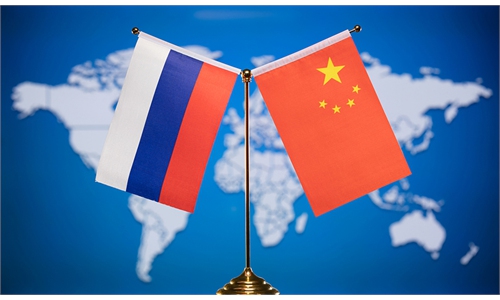
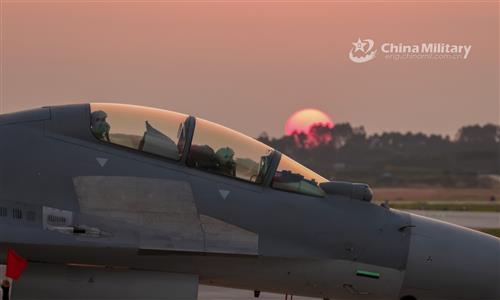

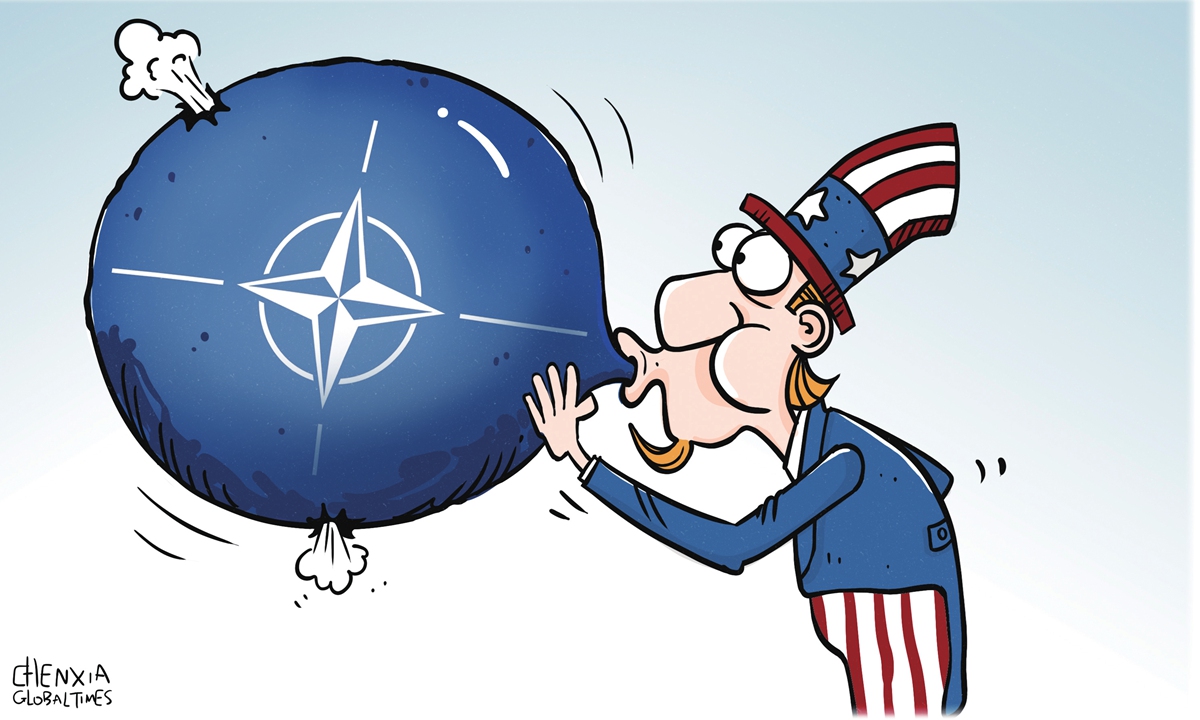


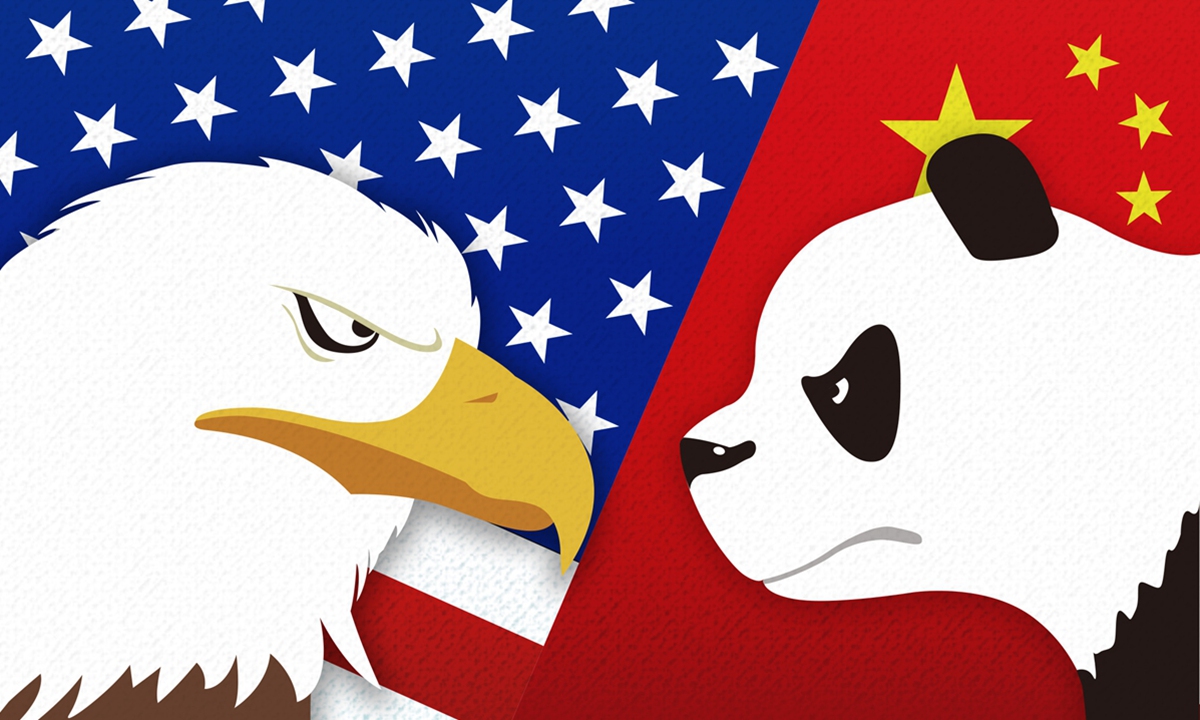 China US Illustration: Liu Rui
China US Illustration: Liu Rui
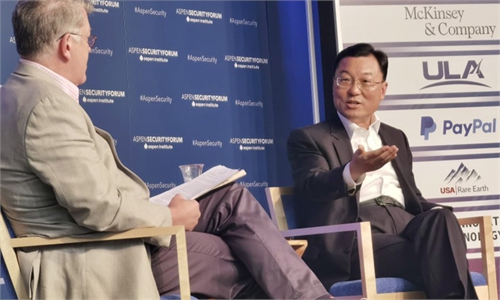
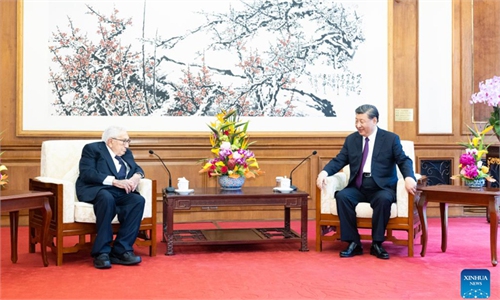


 AI Photo:VCG
AI Photo:VCG


